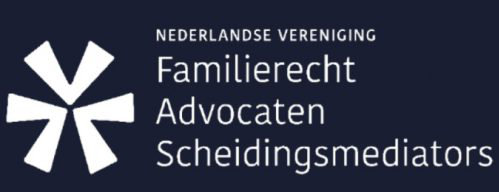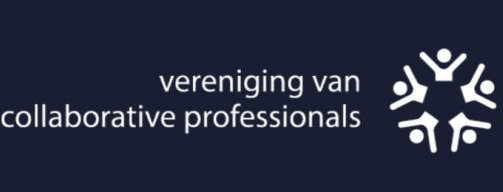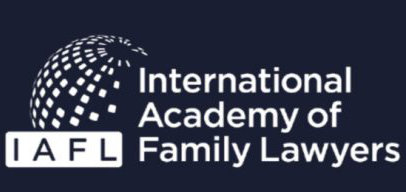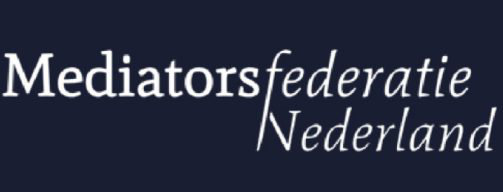(International) cases involving children
Adoption
In the case of adoption, we make a distinction between Dutch and international adoptions. In the case of the latter, an adoption or recognition of a foreign adoption ruling will have to be applied for in a Dutch court – this is after the procedure for obtaining permission in principle from the Ministry of Justice in the Netherlands has been gone through.
Dutch adoptions generally concern what are known as ‘step-parent adoptions’ for partners who co-habit on a long-term basis with the partner who has custody of the child or children. The Netherlands now also recognises adoption by two people of the same sex.
Adoption involves a break of the link between the child and their biological parents. A new legal family connection is established, with all the rights and obligations, between the child and their adoptive parents.
It is also conceivable that a parent who meets certain requirements will apply for ‘co-custody’ (in accordance with Article 1:253 of the Netherlands Civil Code). In certain circumstances, this offers the custody parent and their partner the option of gaining joint control of the upbringing and welfare of minor-aged children, but without the need to legally break the connection with the biological parent not involved in the child’s upbringing, as is the case with adoption. Such legal parentage also entails financial obligations, vis-à-vis the minor-aged child.
Recognition
If a child is born within a marriage, both parents have legal custody and therefore formal control over the child. Statistics show that more and more children in the Netherlands are born out of wedlock. This situation requires greater attention with regard to the rights and obligations of parents towards their children.
Recognition of a child creates a family-law relationship between a parent and child. This relationship comes with rights and obligations, including the obligation to look after the child, visitation and contact rights, and inheritance claims. Recognition of a child does not imply joint custody with the mother. To obtain joint custody, both parents must submit separate applications to that effect, details of which are entered into the public custody register. The form can be downloaded from www.rechtspraak.nl. www.rechtspraak.nl.
If the parent who has legal custody does not submit an application, the other parent will have to apply to the courts for permission.
Establishing and denying paternity
If the identity of the biological father is known, the mother and child may request that paternity be established in law, even after the death of the likely father. Unlike in the case of recognition, this establishment is retrospective, to the time of the birth. This could be important for such aspects as nationality, name, and inheritance. In such cases, courts may ask for a DNA test.
The courts will make their own inferences from any refusal to cooperate with the taking of a DNA test. Just as it may be in the interests of a mother and child to establish paternity, it may also be in the interests of a father to deny paternity. A father may submit a request to deny paternity if, within a year, he becomes aware of the possibility that he is not the biological father of the child.
Child protection
If children are growing up in an unsafe environment, the courts may take measures designed to protect minors. Any such measure is an ultimate remedy and is only used if attempts at safeguarding the safety of the children and their right to grow up without burden or impediment in a voluntary context are not successful.
The courts may appoint a family guardian to monitor the circumstances in which children are living and being brought up. In such cases, it is the guardian organisation – not the parent(s) – that has control over the children. Failure to comply with instructions from the child protection organisation may result in the parents being given further restrictions on their parental tasks. In some circumstances, the courts may rule that the children be taken into care and that the parents be relieved of custody of the children.
Relocating with children and international child abduction
SmeetsGijbels advises and litigates on relocations involving children, in the Netherlands and beyond.
Globalisation has resulted in an explosive increase in the number of international relationships. When children are born into a family with an international character, because they live abroad or one of the parents has roots in a different country, this can cause problems if the relationship breaks down. This raises the question of which country the children will live in, post-divorce.
If parents with joint custody over their children are unable to resolve this, then the departing parent should request the courts to grant permission to relocate with the children. This is subject to strict criteria.
If they leave the country without permission, or if a child does not return after a visit to the other parent abroad, then an international child abduction may be deemed to have taken place.
This is followed by return proceedings, governed by the motto, ‘first bring the child back, then we’ll talk’. It has been agreed internationally that the country where a child normally lives is best placed to take decisions about the child’s welfare. If a child has been abducted to a country that has not committed itself to returning children, the diplomatic route will have to be explored.
We also regularly assist parents in Netherlands-based relocation cases. Suppose one of the parents with custody wishes to relocate – because of a new job, for example, or new partner, or another reason – and this affects the existing care agreement regarding the children, then permission to relocate will be needed from the courts (if the parents cannot agree).
Cross-border mediation can provide a resolution in relocation cases and abduction cases alike, bringing parents together to talk, with a focus on the interests of the child.
About family law
Care to know more?
Family and inheritance law are sensitive subjects that often involve strong emotions. Matters that once seemed routine can take on a new significance as a result of all kinds of events, causing a breakdown in communications and thrusting the parties involved into far-reaching and invasive legal proceedings. SmeetsGijbels advises its clients on what route to take. We do so with empathy and support, adding our specialist legal knowledge as necessary.
Care to know more? Our lawyers and mediators are ready to help you. Obviously, we guarantee complete confidentiality.
Family law
lawyers
Find out more about our family law lawyers and mediators in Amsterdam and Rotterdam. They can advise you on what decisions to take.








